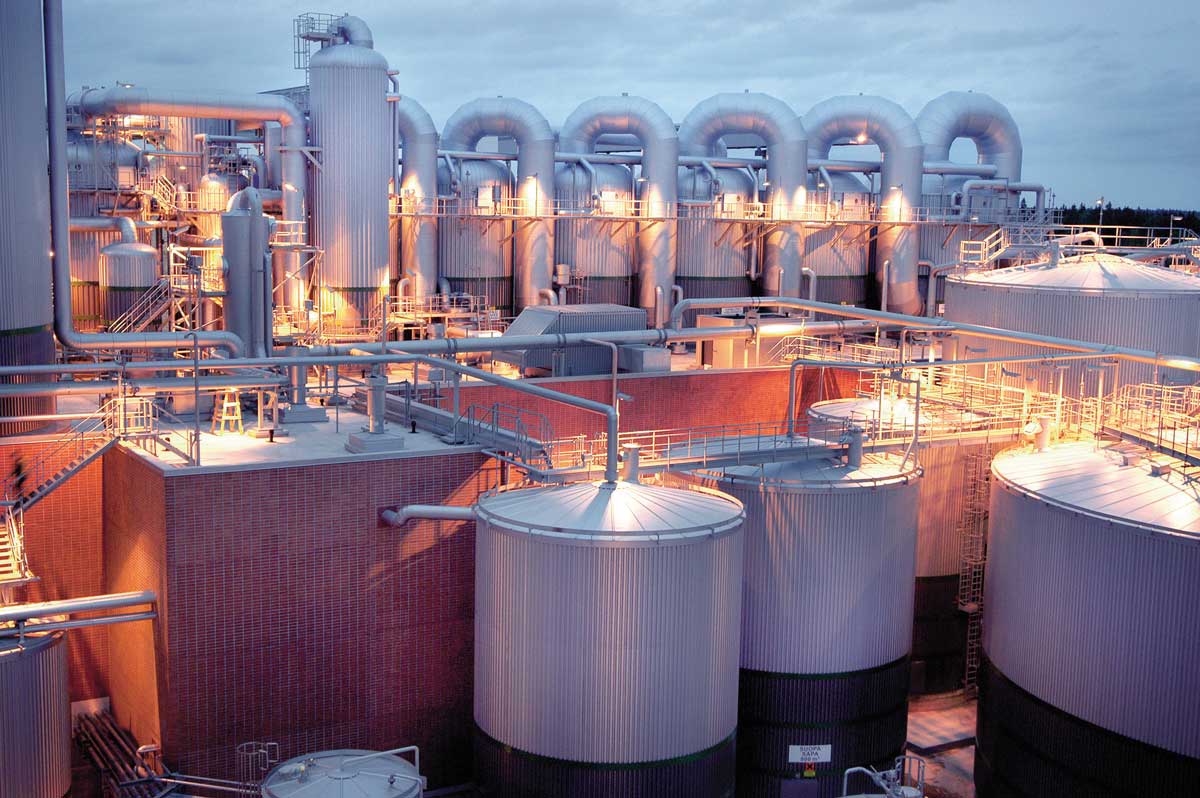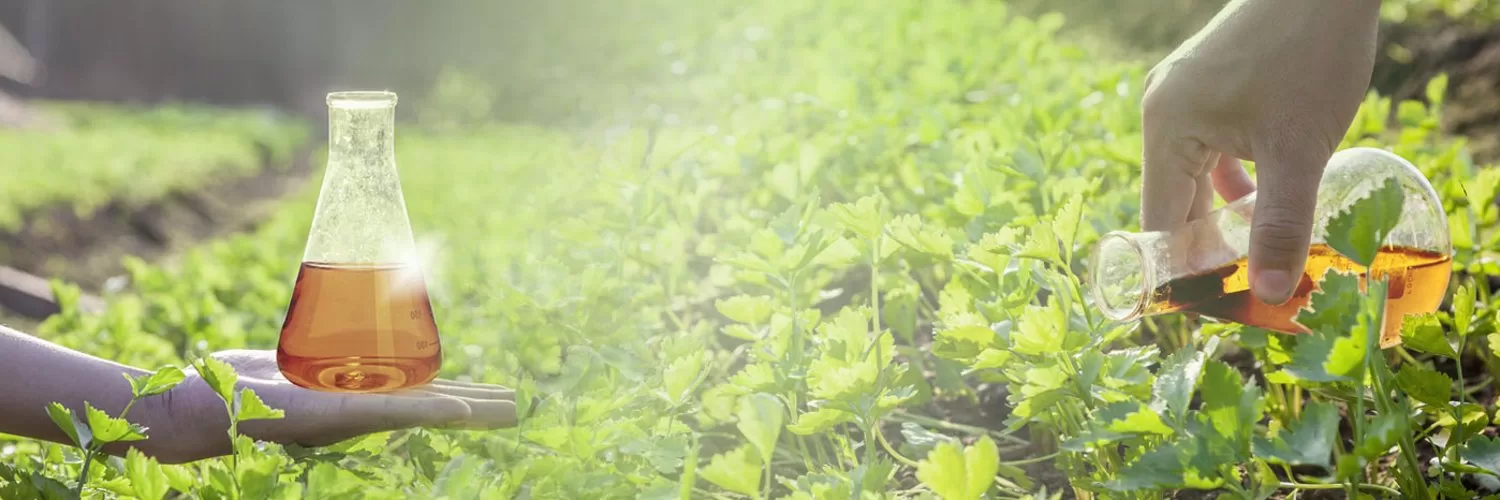Introduction
Petrochemicals form the building blocks for a host of everyday products that people use. From plastics, to fabrics, detergents, paints, personal care items, and much more, petrochemicals play a vital role in modern life. The petrochemical industry takes basic hydrocarbons from crude oil and natural gas as feedstocks and processes them to produce a range of chemicals for use across different industries. This widespread use makes the petrochemical sector a major contributor to most economies globally.
Growth of the Petrochemical Industry
The petrochemical industry has grown tremendously since the middle of the 20th century. Following World War 2, many countries ramped up oil and gas production and industrial capacity. Researchers explored ways of converting raw fossil fuels into useful materials beyond fuels. This opened up a vast world of possibilities. Major petrochemical complexes sprung up near oil refineries to take advantage of the proximity to basic feedstocks. Countries with large reserves of crude oil and natural gas became global centers for petrochemical production over the following decades.
By the 1970s, Petrochemical emerged as a key sector. Advances in technology enabled production of a diverse list of materials from basic olefins and aromatics. Synthetic fibers, plastics and plastic goods became increasingly common. New applications were found across major end use industries like construction, automotive, consumer goods, healthcare and more. Countries in the Middle East, North America and East Asia heavily invested in downstream capacity to churn out chemicals and consumer items. This created new jobs and economic growth worldwide.
Current Market and Production Trends
Today, the global petrochemical industry is estimated to be worth over half a trillion dollars annually. Major producers include the United States, China, Japan, Saudi Arabia, Germany and others. Ethylene is the largest volume petrochemical produced globally and serves as the building block for polyethylene, ethylene glycol and other derivatives. Propylene, benzene, butadiene and other basic petrochemicals are also manufactured in huge quantities.
Advances in technology allow for ongoing diversification. Plants today can crack heavier grades of crude oil to maximize output. Growing natural gas production through processes like fracking also expands the availability of lighter feedstocks. Companies continually optimize processes while adopting industry 4.0 techniques. Geographic shifts may occur as newer regions invest in downstream projects closer to markets. Environmental regulations also push for more sustainability across the sector.
Reliance on Petrochemicals in Daily Life
The use of petrochemical derived plastics is now ubiquitous in society. From grocery bags and food packaging to clothing fabrics, pipes, furniture, medical devices and more – plastics pervade virtually every aspect of modern life. Synthetic fibers are also key ingredients for carpets, upholstery materials and textiles. Paints, cleaners, cosmetics and personal care items make heavy use of petrochemical intermediates. Fertilizers, agrochemicals and other industrial inputs further boost demand.
Even high-tech industries like electronics and automotives depend on petrochemical inputs to a significant degree. Polycarbonate, ABS, nylon and epoxy resins are vital components in consumer devices, appliances and vehicles. Additives and synthetic rubber goods enable high performance and longevity. Without petrochemicals, modern life would be simply unimaginable for most people. The sector will remain critical for both developed and developing economies going forward.
Sustainability and Environmental Impact
As with any industry that handles hydrocarbons, petrochemical production does pose environmental challenges that require addressing. Areas of concern include emission of pollutants, waste generation, industrial accidents, plastic pollution and greenhouse gases. Most large petrochemical facilities today deploy advanced procedures to limit emissions from flaring and fugitive releases. Wastewater and solid waste treatment helps minimize contamination. Plant safety has also improved through stringent protocols.
However, plastic waste management remains a global issue that requires a systemic solution. Only a small fraction of plastic produced actually gets recycled. Most ends up in landfills or the environment. Plastics that do not degrade also harm wildlife and habitats over time if not disposed properly. Green advocates push for more sustainable alternatives and the development of a circular economy model. Industry players are also investing in renewable feedstocks like bio-based chemicals as a key pillar of their future strategies for reducing dependence on fossil fuels in the long run.
The petrochemical industry has evolved into a major economic force underpinning both industrial and consumer activities globally. While concerns surround plastic pollution and greenhouse gas emissions, petrochemicals remain necessary components across many industries. Companies are actively innovating to curb environmental impacts through technology upgrades, waste reduction schemes, and renewable sourcing. Governments and communities also have a role to play through regulations and infrastructure investments. Sustainable development will ensure this vital sector continues meeting worldwide demand for materials responsibly into the future.
*Note:
1. Source: Coherent Market Insights, Public sources, Desk research
2. We have leveraged AI tools to mine information and compile it




